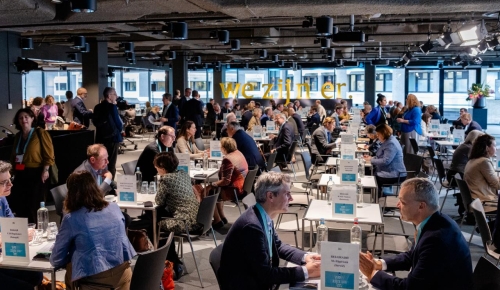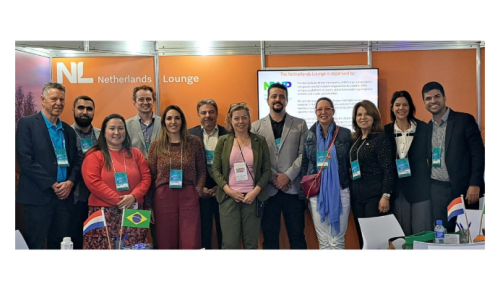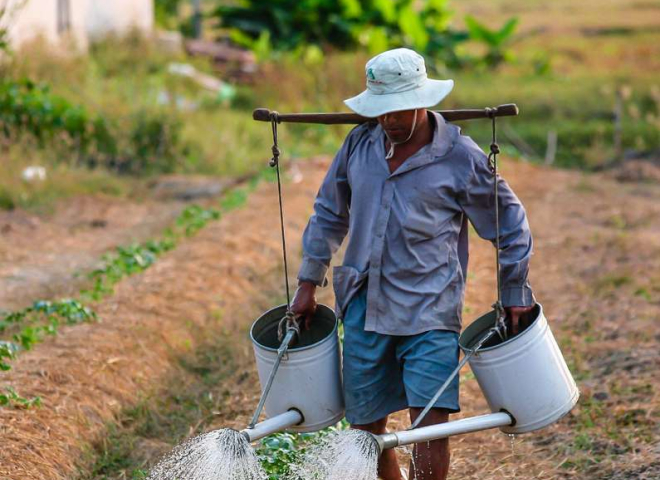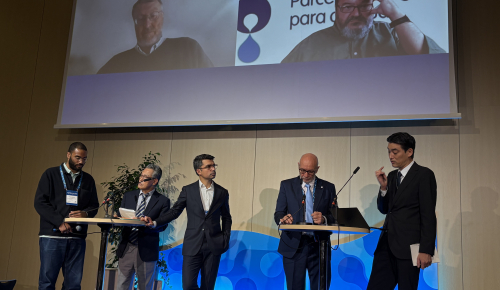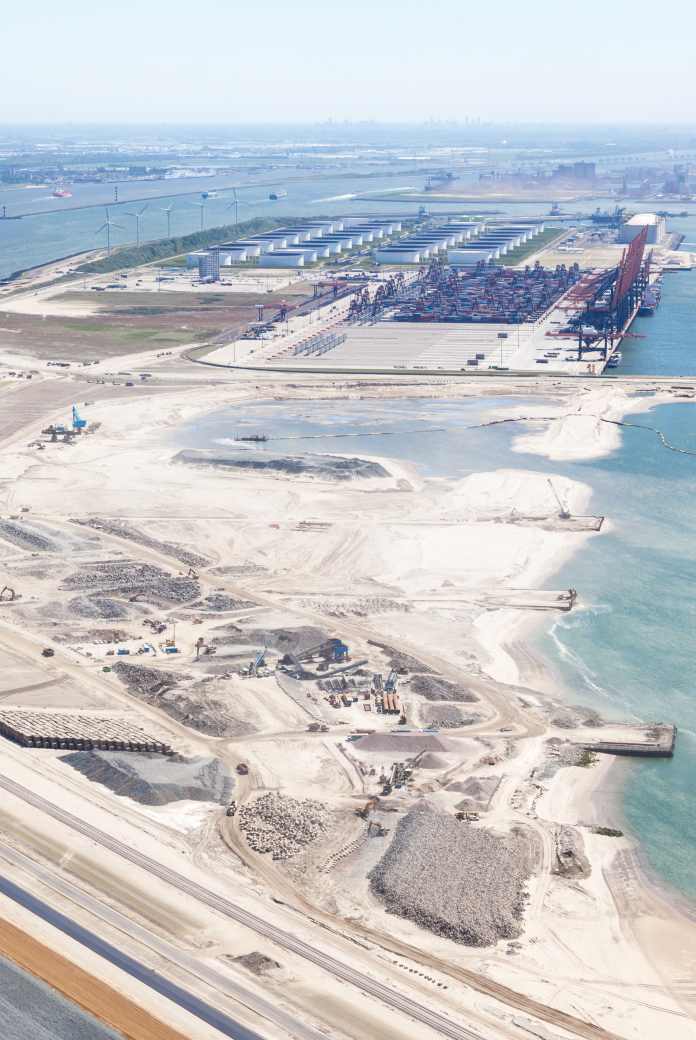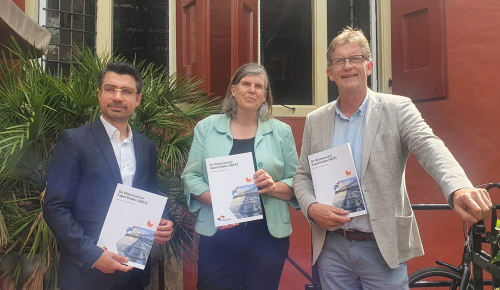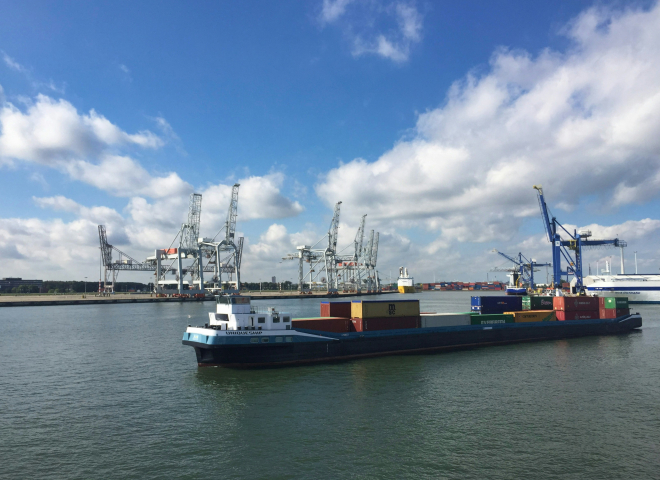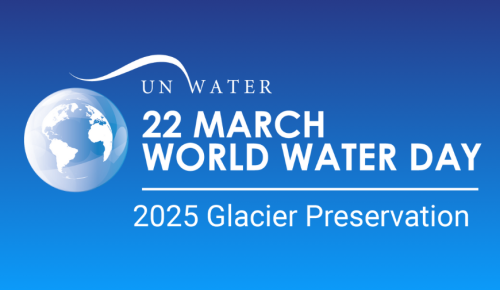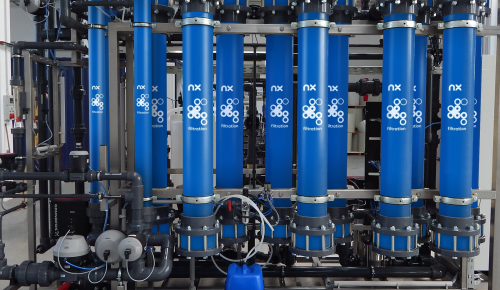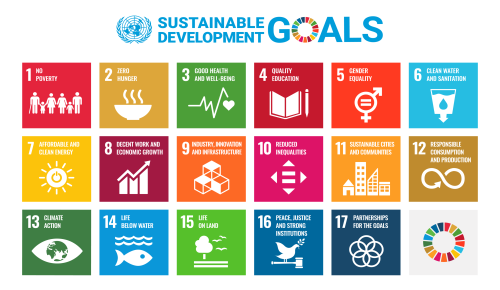Latin America
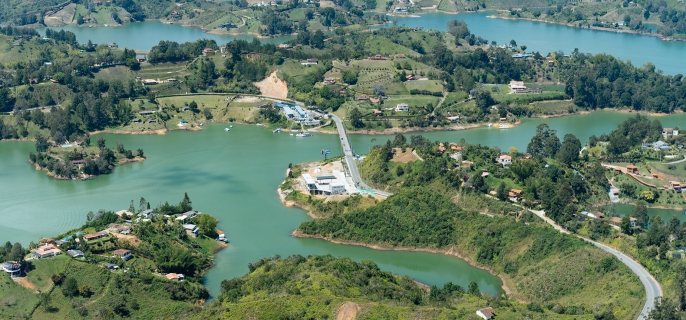

Key water challenges
When managing the existing water resources, taking into account the interests of all the stakeholders is a challenge. Throughout the region, water resources are unequally distributed, with decreased access to water for some communities, in particular for marginalised groups like smallholder farmers, rural and indigenous communities and women.
Besides accessibility, water quality is a pressing issue in Latin America; less than 40% of wastewater is treated and as such, it is taking an enormous environmental toll on the surface water and groundwater systems. The effects of climate change become increasingly visible in the region, with extreme droughts and floods that threaten water security and safety, food security, and economic stability.
Besides managing the freshwater resources, integrated coastal zone management is becoming more and more important, with challenges such as floods, saltwater intrusion and algae blooms. These issues all have to be seen in the context of the Latin American challenging institutional framework, growing political unrest in many countries and a pandemic that has severely affected this region and worsened existing struggles.
Opportunities for the sector
Although the region knows many water management related challenges, there are also many opportunities for involvement of the international water sector. There is a momentum that calls for immediate action, as the importance of connecting water issues with society and the necessity of it for a resilient future are more and more acknowledged. Moreover, awareness of the challenges and the necessity to act is growing on the political agenda.
The region requires future-proof solutions that can deal with increasing pressures on the water and food systems in an innovative way. Resiliency tools and technologies for coastal, rural and urban areas, and climate-smart agriculture as well as nature-based solutions and the circular use of water are now more interesting than ever for the region.
Furthermore, there is a high interest for solutions that deal with water pollution: water treatment plants as well as innovative technologies dealing with solid and liquid waste in waterways. Considering the high dependency on groundwater aquifers, there are many opportunities for tools working with groundwater recharge and groundwater management. Especially tools for water governance and integrated water resources management, that present multi-stakeholder solutions are highly valued.
Pathways of engagement
Tools that support participatory decision-making and planning are important pathways to engage with water challenges. Collaboration or co-development of projects with stakeholders at different levels can lead to new innovative solutions. By sharing knowledge and expertise, the water sector can establish an international cooperation with the Latin American region, which is more than willing to open new means of collaboration.
The Netherlands Water Partnership (NWP) can catalyse opportunities for enterprises that are interested to either collaborate with or operate in Latin America. With our broad network, experience with the water sector and knowledge of the region, we can connect different partners and create impactful projects. Through activities designed to share knowledge, enrich existing networks and boost matchmaking, we create opportunities. We can provide support for the establishment of consortia and can assist water actors seeking options for local financing and financial feasibility.
NWP's regional approach
- Northern America
- Africa
- Middle East
- Latin America
- Europe
- Asia
